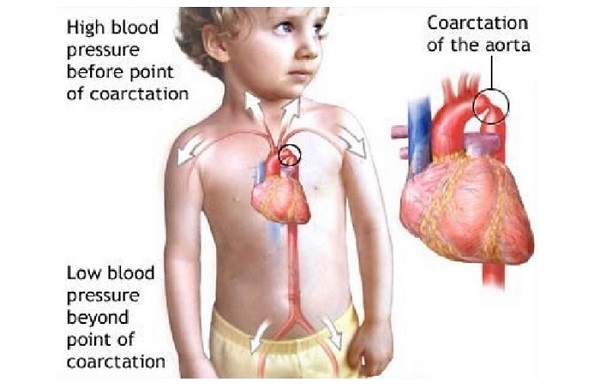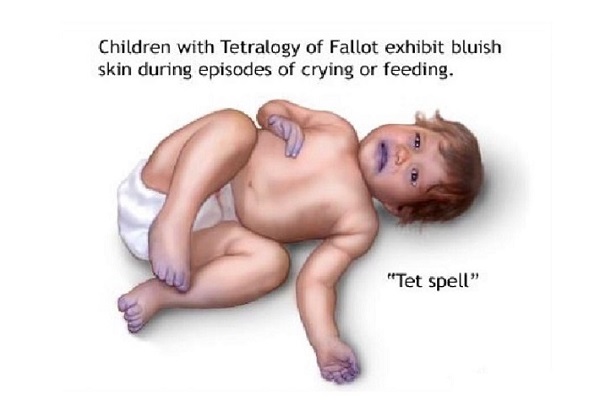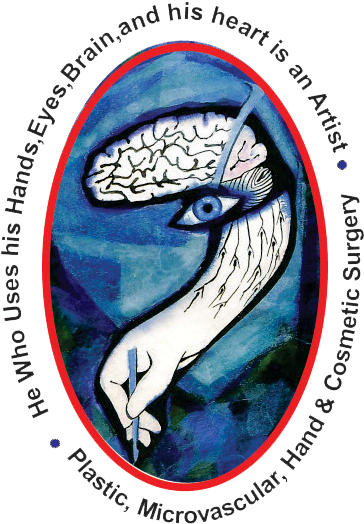Pediatric Cardiology
Pediatric cardiologists are doctors who diagnose and treat children with cardiac (heart) conditions. They work with patients antenatally (before birth), through childhood and into adulthood.



Nature of the work
Pediatric cardiology is concerned with diseases of the heart in the growing and developing individual. As well as expertise in heart disease, pediatric cardiologists also need a thorough grounding in general pediatrics, in order to provide all-round patient care.
Paediatric cardiologists broadly treat congenital heart disease (present at birth), arrhythmias (variations in heartbeat rhythm) and disturbances of circulatory function.
The initial assessment performed by the pediatric cardiologist might start with a physical examination using a stethoscope, after which more detailed investigations may be suggested.
Patients often present with complex diagnostic and medical problems and after the initial assessment the pediatric cardiologist then chooses an optimal management plan. They work closely with a wide range of specialists as part of a multidisciplinary team to assess and treat patients.
Pediatric cardiologists play a vital role in the teaching of medical students, doctors. GPs, nurses and paramedical staff. Most are also involved in research.
Conditions treated
These include:
- cardiovascular collapse in infancy
- cardiac failure in infants and children
- cyanosis in the newborn and beyond (where the skin has a bluish tinge, due to lung or circulatory problems)
- children with heart murmurs
- children and adolescents with chest pain, palpitations, or fainting
- patients with congenital heart disease
- cardiovascular abnormalities in neonatal intensive care
- fetal cardiac abnormalities
- pediatric cardiac transplantation
- assessment of children prior to cardiac surgery
- assessment of children with cardiac disease who are undergoing non-cardiac surgery
- management of critically ill children with cardiac problems
Procedures and interventions
These include:
- echocardiogram
- electrocardiogram (ECG)
- advanced imaging – CT/MRI
- diagnostic and therapeutic catheterisation
- exercise testing
- cardiac event recording
- chest x-ray
- balloon atrial septostomy – a small hole is created in the upper two chambers of the heart to increase oxygen saturation
- pediatric cardiac transplantation
Associated sub-specialties
All consultant pediatric cardiologists complete sub-specialist training in one of the following areas:
- adult congenital heart disease
- fetal cardiology
- advanced imaging (CT/MRI)
- diagnostic and therapeutic catheterisation
- invasive electrophysiology and pacing in children and adults with congenial heart disease
- pulmonary hypotension
- heart failure and cardiac transplantation
- advanced echocardiography
Care for Children with Heart Conditions
Our heart specialists provide advanced care using the latest heart care technologies in a compassionate, healing environment that puts kids first. Our doctors diagnose and treat problems of the heart, lungs and blood vessels in children. We provide complete care to keep the hearts of our youngest patients pumping properly. You and your child will partner with a team of health care specialists. We believe in taking a collaborative approach to children’s care. Your care team will include your child’s primary care provider, registered nurses and several heart specialists.
Cardiac Conditions in Children
We use the latest treatment techniques and technologies to help keep your child as healthy as possible.
We treat:
Abnormal heart rhythm: If your child’s heart beats irregularly, Cosmo Polyclinic has answers. We offer non-surgical and surgical treatment options for this critical condition.
Congenital heart disease: CHD includes any defect in the heart that is present at birth. Treatments depend on the condition’s severity. Doctors treat CHD with medication, implanted devices, surgery and, in severe cases, a heart transplant.
Congestive heart failure: A long-term condition in which the heart doesn’t properly pump blood. Treatments vary depending on the severity of the disease. Your child could go on a diet plan, take medications or get an implanted device.
Heart murmurs: Strange sounds made by irregular blood flow through the heart. They are common in children, and most are harmless. Your child will need further tests to make sure it isn’t connected to a more serious heart problem.
Fainting (syncope): A condition in which a sudden drop in your child’s heart rate causes fainting. Our heart doctors will work with your child to help them make plans to avoid stressful triggers. Some cases require medications or a pacemaker.
Questions? We got Answers!
- For second opinions: records from your previous pediatric cardiology visits.
- Contact information for your primary care provider or referring physician.
- For security reasons, you will need an official government ID.
- Favorite DVD for children who may need diversion during testing.
We will review your past medical history and past medical records. Our team will obtain careful and accurate vital signs including blood pressure and pulse oximetry. In all likelihood your child will have an electrocardiogram. We will perform a detailed physical examination, focusing on the heart and its affected organs. Depending on your reason for the visit and our physical findings, your child may have an echocardiogram performed during the first visit. We will review all of the information and discuss with you in detail our findings and together we will define a plan for treatment including future visits as needed.
Yes, but nothing invasive!
- 12- or 15-lead electrocardiogram: consists of sticker-like ‘electrodes’ attached to some wires and a computer that gives us information about the heart rate and heart rhythm.
- Echocardiogram: an ultrasound of the heart which provides us with information about the structure and function of the heart and major blood vessels.
You will not have to wait. We will discuss all findings with you before you leave the office.
We will explain at length the reasons for surgery and let you know who the most appropriate congenital heart surgeon from our clinic will be for you and your child’s specific case.

